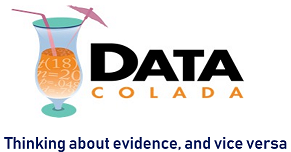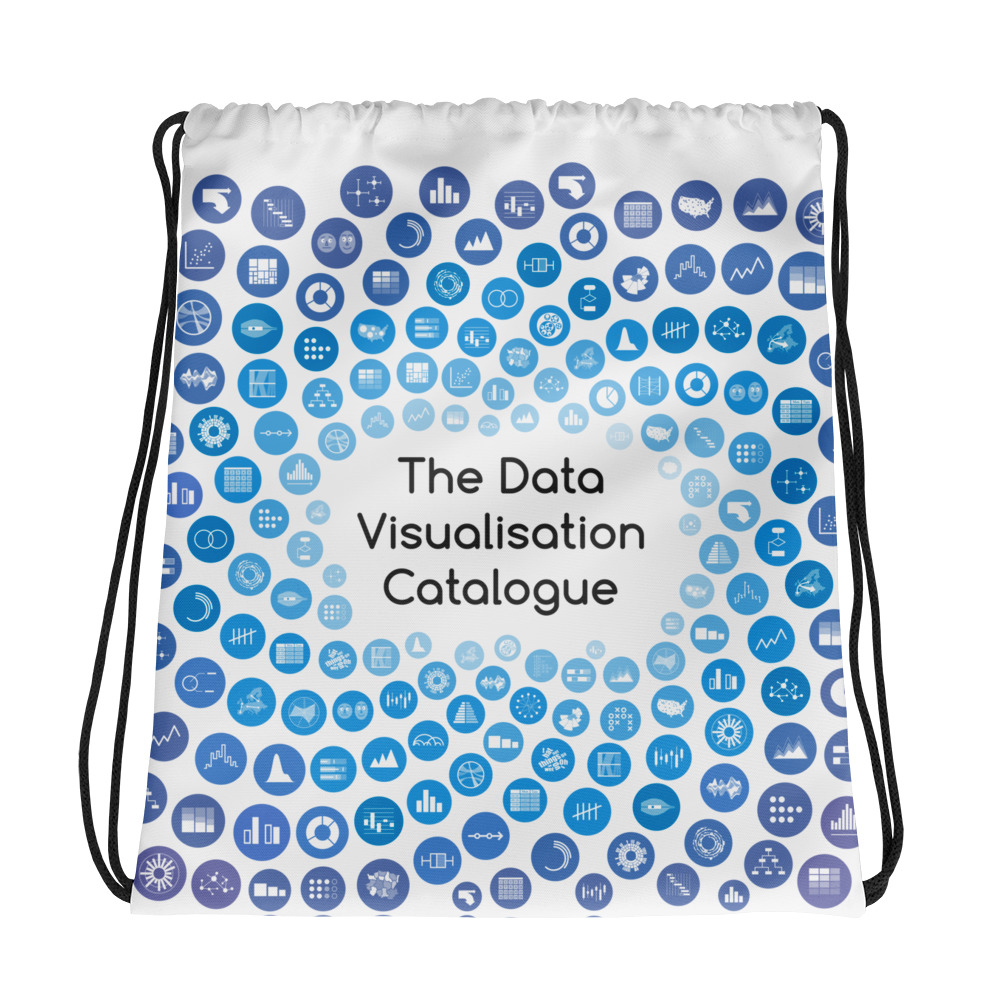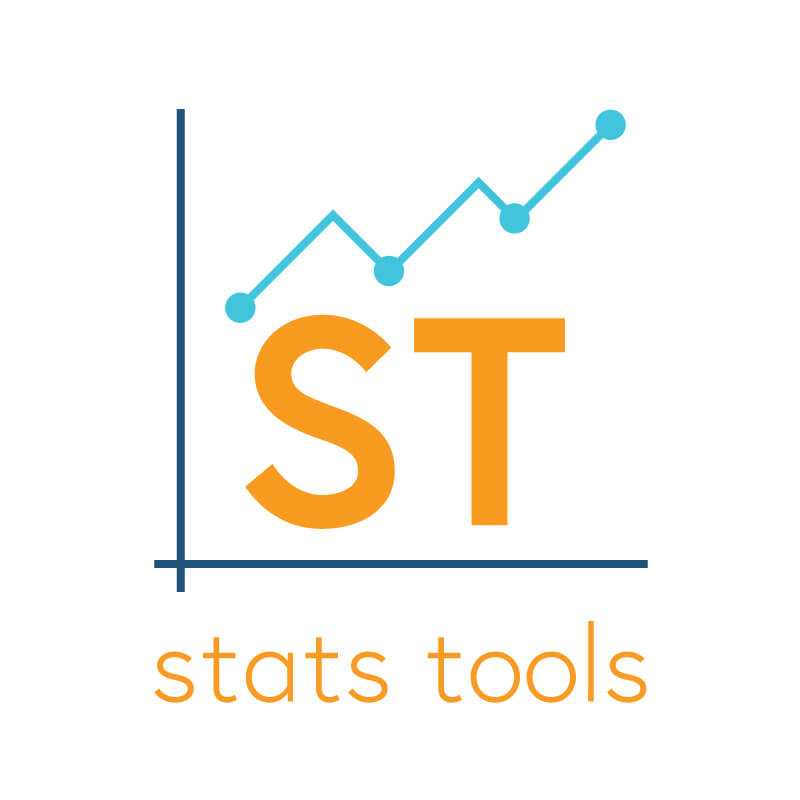JASP or Jamovi? Which Should You Use?
Both JASP and Jamovi have come a long way and are viable free alternatives to teaching students SPSS. Which one should you use in 2024? In this video, Alexander Swan compares JASP and Jamovi to help make your decision. Check out the video notes for links to his JASP and Jamovi tutorial playlists.
JASP or Jamovi? Which Should You Use? Read More »






